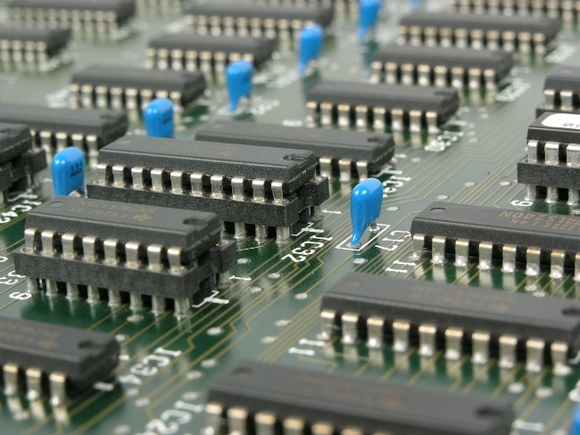Apple and Amazon join Toshiba's semiconductor business
 Toshiba’s microchip business didn’t just have new potential buyers. This time, Apple and Amazon are making serious plans for this. This information was shared with the Nikkei newspaper by the general director of Taiwanese electronics manufacturing company Foxconn, Terry Gow.
Toshiba’s microchip business didn’t just have new potential buyers. This time, Apple and Amazon are making serious plans for this. This information was shared with the Nikkei newspaper by the general director of Taiwanese electronics manufacturing company Foxconn, Terry Gow. “Apple and Amazon offer money together, but I cannot comment on how much each company offers,” said Gow. Nevertheless, his statement can be considered the first official confirmation that the two IT giants intend to participate in the struggle for Toshiba's semiconductor business.
Apple plans to acquire 20-30% of Toshiba Memory and is willing to spend several billion dollars on it. But at the same time, the company is exploring the possibility of combining efforts with Taiwanese Hon Hai Precision (also known as Foxconn), according to Japanese television channel NHK, citing informed sources.
Apple and Amazon are both Foxconn’s main customers. More than half of the revenue Foxconn receives from the delivery of components and assembly of gadgets for Apple. And for Amazon, Foxconn produces Kindle e-books and Echo smart speakers.
However, other companies have thought about buying Toshiba's semiconductor business. The same Foxconn is ready to pay 2 trillion yen ($ 18.2 billion). While this amount is the maximum of all proposed earlier.
Despite such a generous offer, Foxconn is not a favorite in the fight for Toshiba's semiconductor business due to the close ties of the Taiwanese contract manufacturer of electronics with China. The fact is that the Japanese authorities obscurely block any transaction in which there is a risk that key technologies associated with chips will leave the country, Reuters reports .
In January 2017, Toshiba approved plans to allocate microchip production to a separate company and began searching for third-party investments. Sellers estimate their microchip business in the amount of about 1–1.5 trillion yen ($ 9–13 billion).
The sale of the unit is a fundamental decision for Toshiba. This will improve the business of the company after the bankruptcy of its American nuclear division of Westinghouse Electris. According to company forecasts, the net loss for the fiscal year that ended March 31 could be up to $ 9.2 billion.
